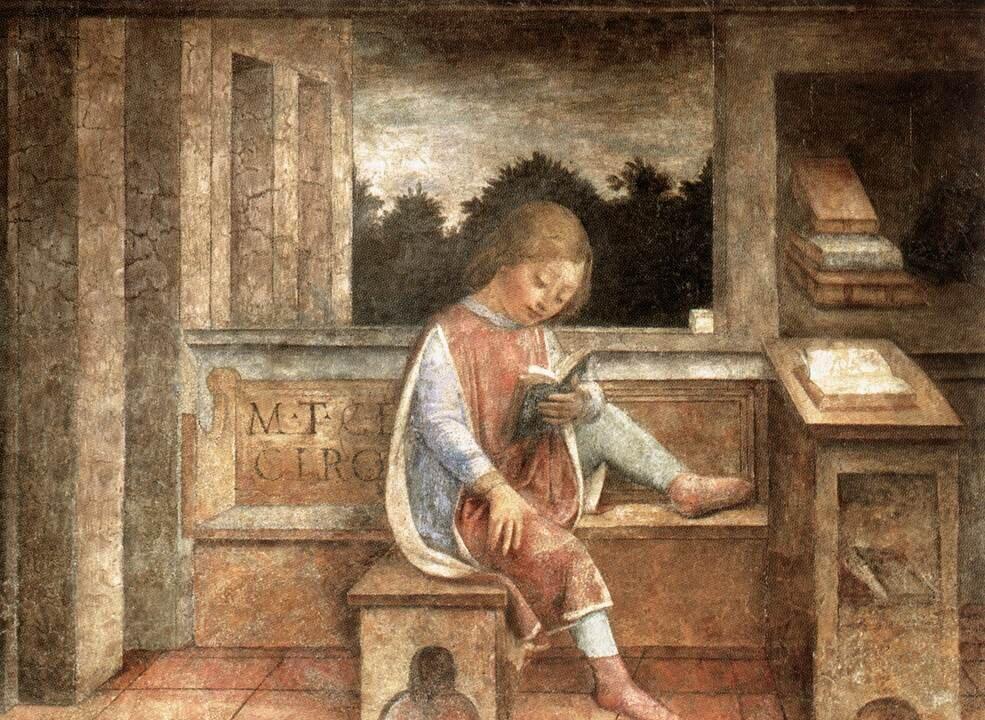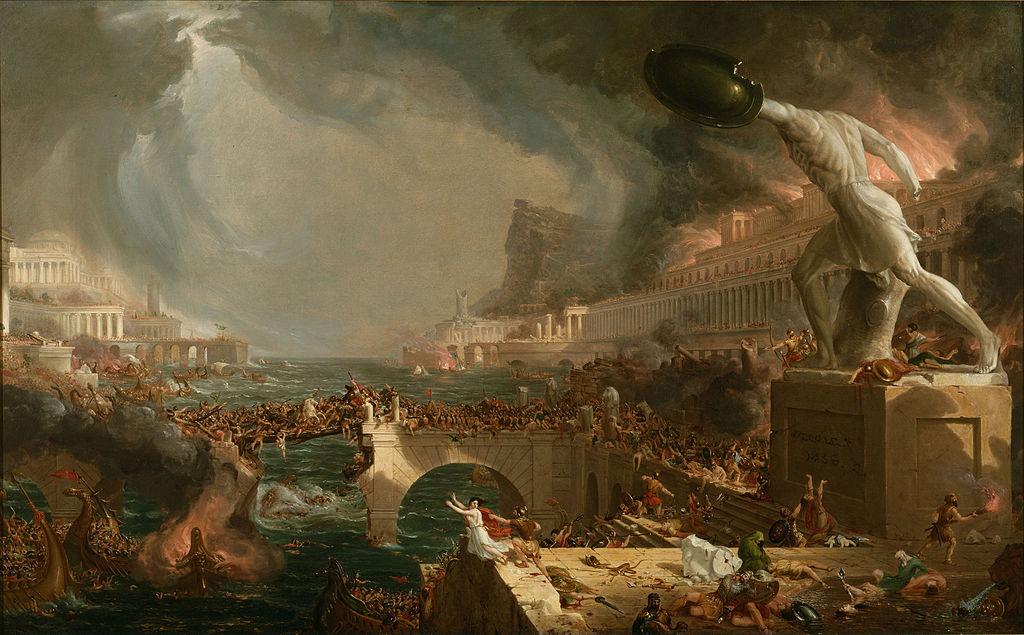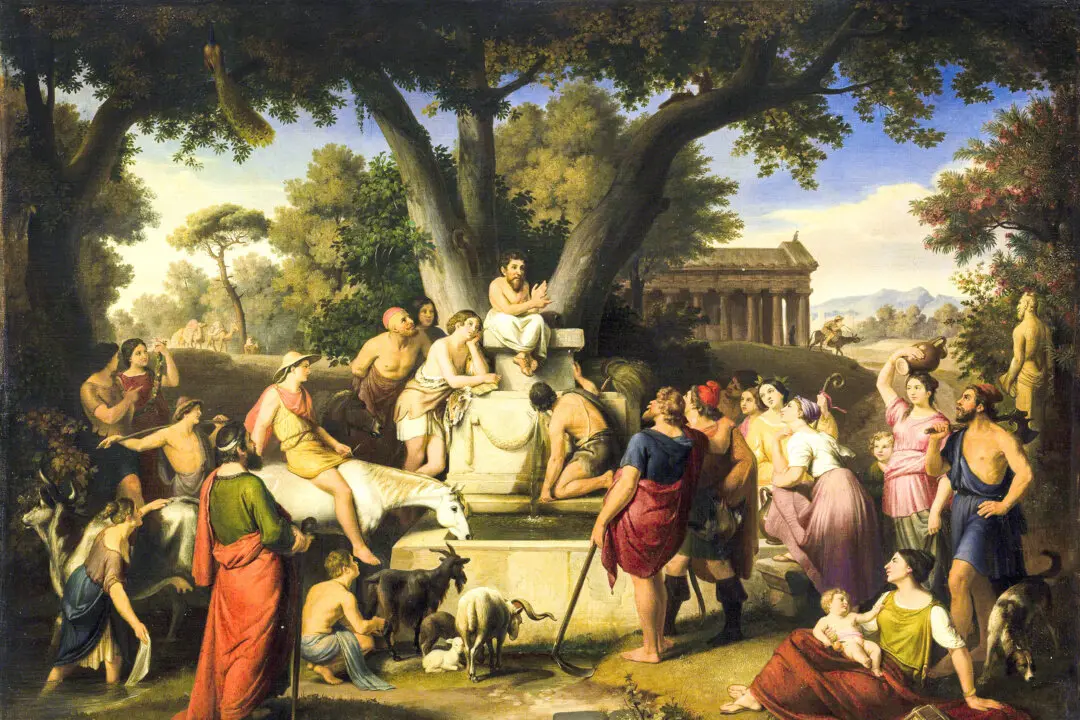The Founding Fathers held classical Greek philosophers like Plato and Aristotle in high esteem. The same admiration was earned by Roman thinkers, who offered the Founders comprehensive articulations of the attributes of republican citizens, including a love of liberty, a dislike of tyranny, and a commitment to civic virtue. Although the list is long, no other Roman author and statesman influenced the American Founders more than Marcus Tullius Cicero.
Cicero and the Founding Fathers
Unlike the first democratic Greek city-states, the Roman Republic was a relatively stable government. Cicero played a large role in establishing its legal and political customs. His legal victories, which made him famous, helped to enforce the rule of law against corrupt officials, solidifying its importance in the Republic’s constitution.Almost every Founding Father admired the successful orator. Speaking of the Roman, John Adams maintained that “as all the ages of the world have not produced a greater statesman and philosopher united in the same character, his authority should have great weight.”






